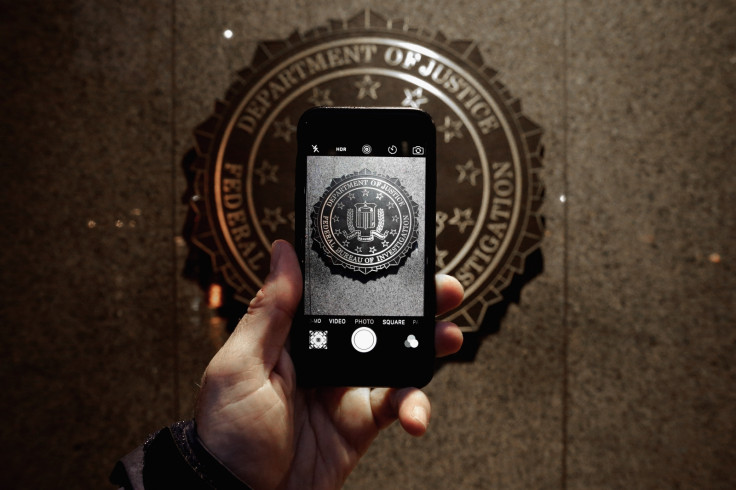Encryption creating an 'expectation of privacy against the interests of law enforcement' says US DAG
'There has never been a right to absolute privacy,' said US Deputy Attorney General Rod Rosenstein.

US Deputy Attorney General Rod Rosenstein declared that end-to-end encryption is not protected by the US Constitution's fourth amendment.
In a speech delivered at the US Naval Academy in Maryland, Rosenstein reaffirmed the hard stance that the US government has taken against "warrant-proof" encryption. "Company leaders may be willing to meet, but often they respond by criticising the government and promising stronger encryption," he said, adding, "Of course they do. They are in the business of selling products and making money. ...We are in the business of preventing crime and saving lives."
On the other hand, tech companies have maintained that giving access to law enforcement agencies by providing a key or a backdoor will simply weaken cyber security for everyone, reports Reuters.
They continue to stand their ground on this issue and have gone on to say that attempting to regulate the internet is "so severely out of step with technical reality".
Rosenstein believes that the legal system and investigators should not have any roadblocks when it comes to officially decrypting communications, but said that "the advent of warrant-proof encryption is a serious problem".
He went on to compare every citizen's "reasonable expectation of privacy" against the "interests of law enforcement," adding, "legitimate law enforcement needs can outweigh personal privacy concerns" in some cases.
The DAG went on to directly attack tech companies by pointing out how they were more than willing to comply with foreign governments than with the US government when it comes to handing over incriminating data. In the speech, he said, "Our society has never had a system where evidence of criminal wrongdoing was totally impervious to detection. That is the world that technology companies are creating."
On the European side of the Atlantic, a similar debate has been raging on end-to-end encryption with governments demanding backdoor access to encrypted messages.
Recently, a case involving instant messaging service WhatsApp had the UK government decrypt messages believed to be linked to terrorist organisations. However, WhatsApp refused to do this for the government, stating that it goes against the principles of encryption.
End-to-end encryption is a way to scramble messages in such a way that if they are intercepted, they cannot be opened in any readable format. The messages can be read only by the receiver.
It was reported by IBTimes UK earlier that even tech companies do not have access to the messages that users send or receive. WhatsApp, on their FAQ page, has made it clear that they do not store or record any messages or calls and that the encryption is done entirely only on the user's phone.
UK Home Secretary Amber Rudd and Prime Minister Theresa May have also been openly critical of strong encryption.
Rosenstein's speech echoed similar sentiments when he said, "Warrant-proof encryption defeats the constitutional balance by elevating privacy above public safety." He called encrypted communications that cannot be intercepted and locked devices that cannot be opened "law-free zones" where criminals and terrorists operate.
© Copyright IBTimes 2025. All rights reserved.





















